A manipulated video showing Ukrainian President Volodymyr Zelenskiy in a conference call with Elon Musk is circulating online. The footage has been digitally altered to include white powder, which some social media users have said is cocaine on his desk.
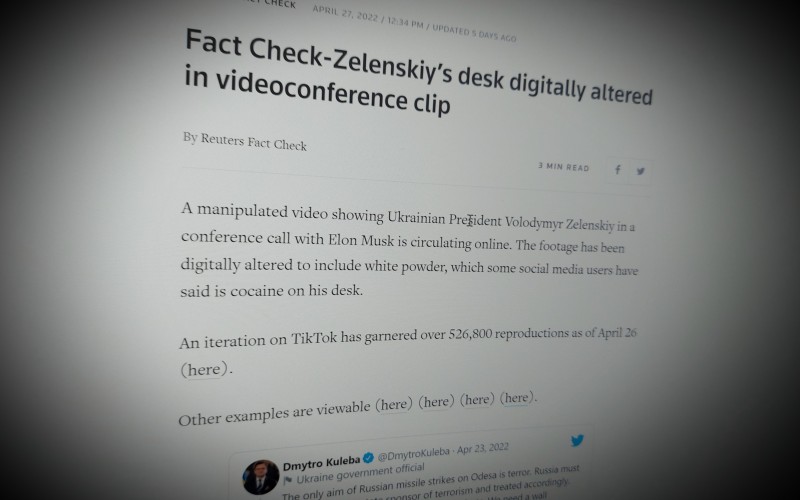
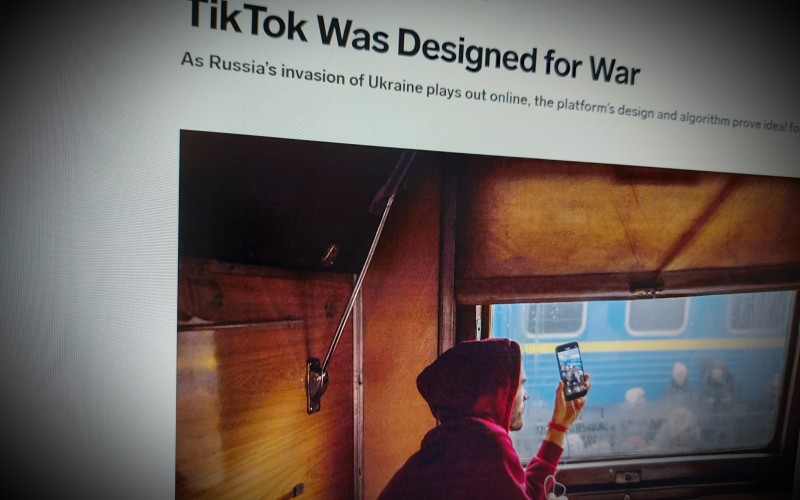
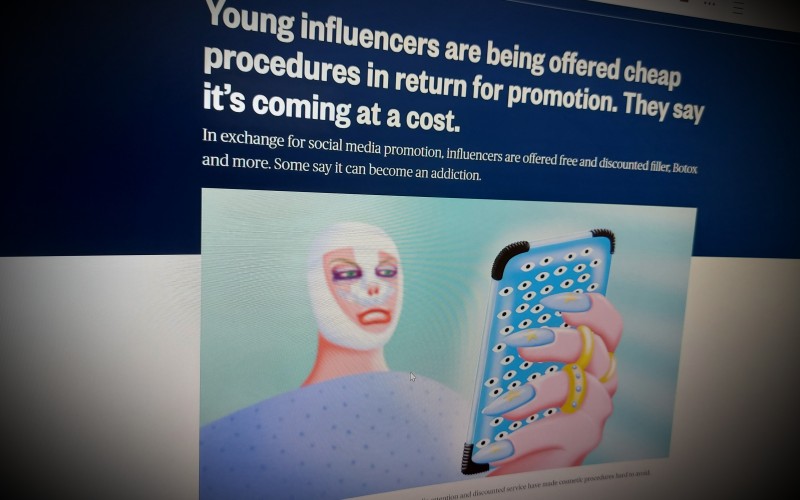
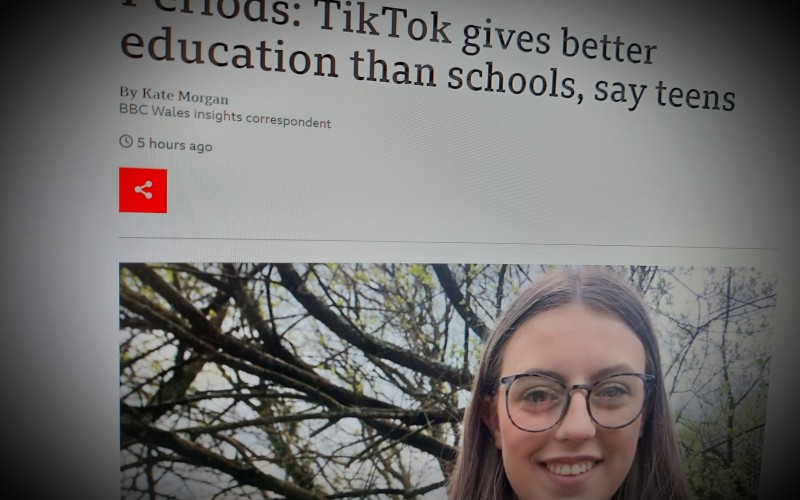
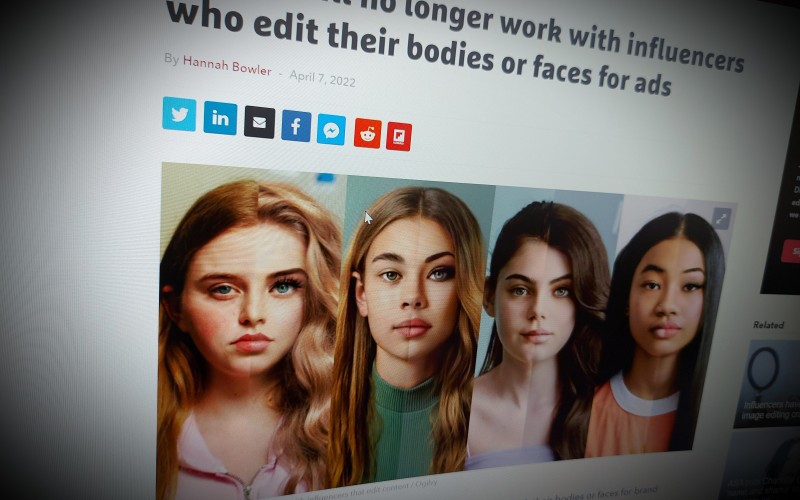
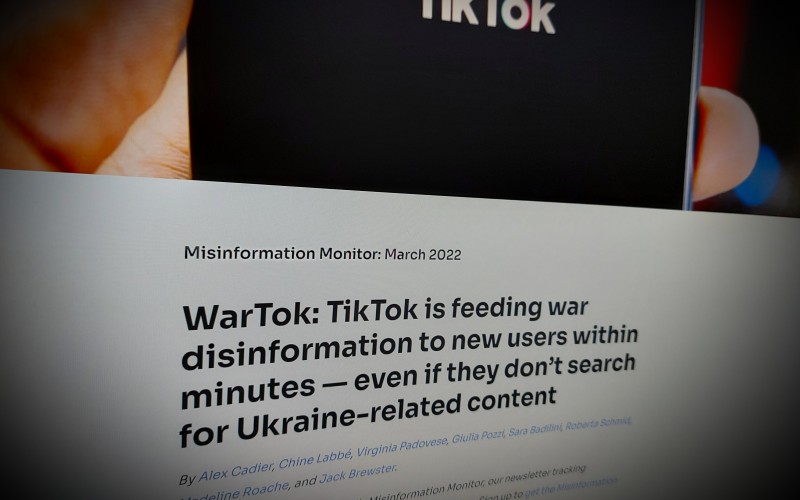
Comments
make a comment